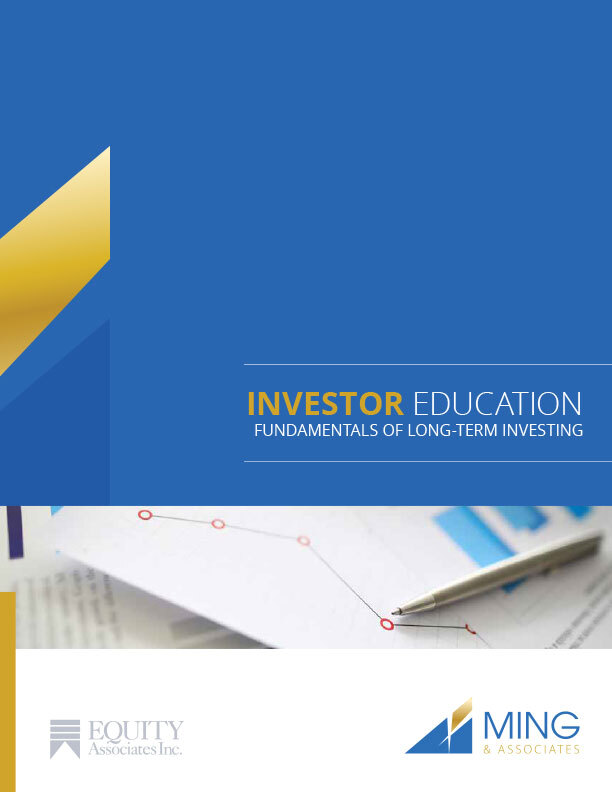As most of our long term clients can attest, our constant focus is on controlling not only our, but also our clients’ behaviour so that we all become great long-term investors. We do this by restraining our natural tendencies towards greed and fear when dealing with money. When investing is looked at in this way, the constant ups and downs of financial markets are not something to be feared, but are to be understood, and if possible, used to our advantage. The key is to be prepared and to understand that constant uncertainty always lies ahead. Just like when sailing, the best time to prepare is before the waters become turbulent.
Most markets (especially Global ones) have delivered favourable performance during the past few years and longer-term returns over the past 3, 5, 10, 15 and 20 years are all looking quite good again. This is especially so when compared to the paltry returns available from guaranteed savings. With that thought in mind, we feel that now is a good time to remind ourselves of the fact that great lifetime investment returns don’t come without enduring numerous temporary market declines along the way.
It is also a good time to revisit what to expect from equity holdings over the course of ones’ lifetime and to do that lets have a look at the significant market drops that have occurred in the past. Below is a chart showing the market declines over 15% that have occurred in the U.S. equity markets as represented by S&P 500 Total Return Index since 1950. As you can see, over the last 62 years there have been 11 major declines which average approximately 1 every 6 years. If you look closely you will see that there is no pattern to these declines and they occur in a random fashion. Each tends to represent another time that America suffered an economic or other setback which, at the time, seemed to warn of the impending destruction of our system.
The only thing that could be forecast with 100% accuracy is that ALL declines were (and are) temporary and that mankind forges forward through thick and thin. Enduring these temporary declines is the price you pay for the superior long-term earnings power provided to the investors of equities. The best news of all is that this price is NOT a financial price but only an emotional one, and one in which we can control with practice.
| Bear Market Dates | Length | Market Drop | What Happened? |
| 1956 -1957 | 17 mths | 15% | Tight monetary flows, global political uncertainty, Sputnik. |
| 1961 – 1962 | 6 mths | 22% | The first tech bubble burst, rising interest rates. |
| 1966 | 8 mths | 16% | Vietnam, tight investment capital, flight to high bond yields. |
| 1968 – 1970 | 19 mths | 29% | Vietnam again, Nixon elected, rising interest rates, angry hippies, fiscal and monetary tightening. |
| 1973 – 1974 | 21 mths | 43% | Oil price shocks and stagflation, rising unemployment. |
| 1976 – 1978 | 14 mths | 15% | High inflation and rising oil prices again. |
| 1981 – 1982 | 20 mths | 17% | Super high interest rates and inflation. The Death of Equities Cover Story on News Week. |
| 1987 -1987 | 3 mths | 30% | Black Monday. Everybody panic! |
| 1990 | 5 mths | 15% | Weakened economy, oil price shocks, high debt, savings and loan crisis, consumer pessimism. Sound familiar? |
| 2000 – 2002 | 30 mths | 45% | Dot-com bubble crash, 9/11 terrorist attack. |
| 2007 – 2009 | 16 mths | 51% | Subprime mortgage crisis, worldwide financial madness, credit crunches and layoffs and bailouts, oh my. |
Source: Mackenzie Investments (Datastream: month-end data points)
By understanding that fairly large, frequent declines in the prices of some of the best companies in the world are normal, we will be better prepared when the next crisis comes and the value of our portfolio of quality investments takes a temporary decline once again.
It is also good to remind ourselves that the reason we put up with these temporary declines and accompanying uneasy feeling is because of the superior long term returns that equity holders earn. During this 62 year period, the total return earned by the S&P 500 index was an average annual compound return of 12.54% beating all other types of investments. Equities have also proven to be one of the only types of investments that allows one to keep up with the forever rising cost of living.
